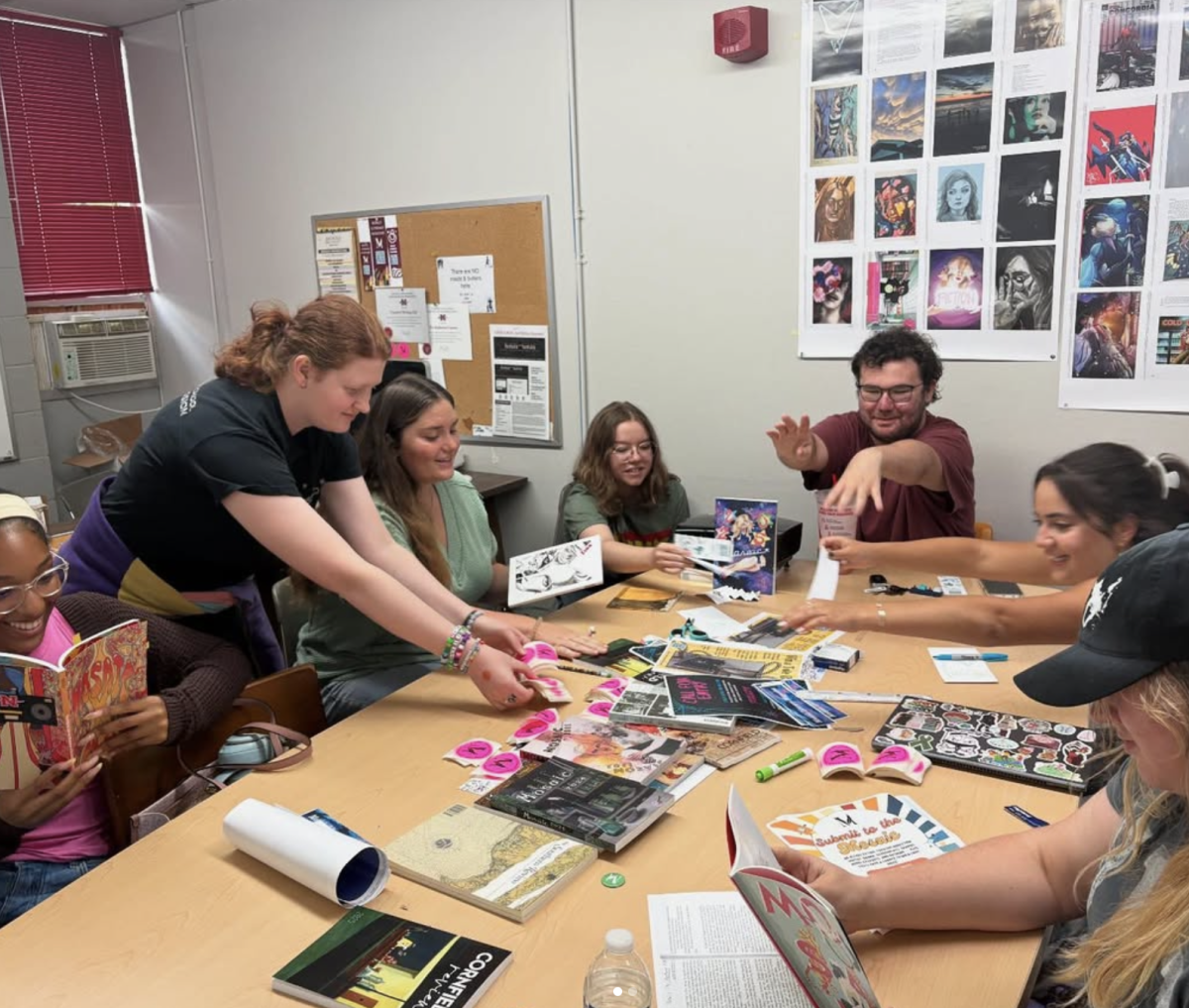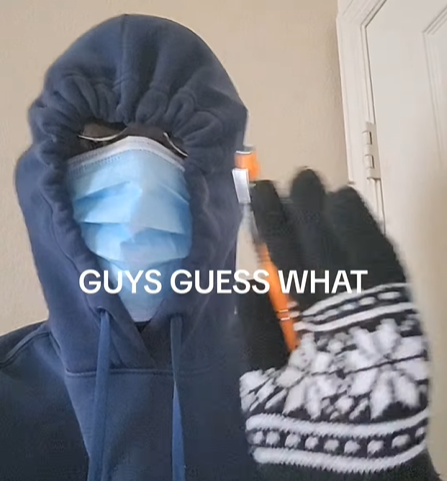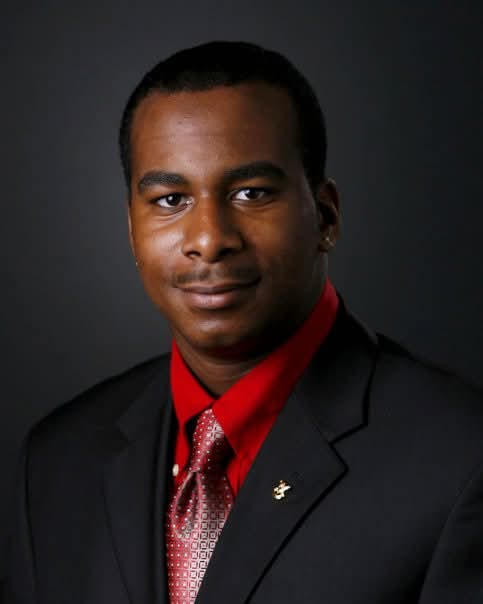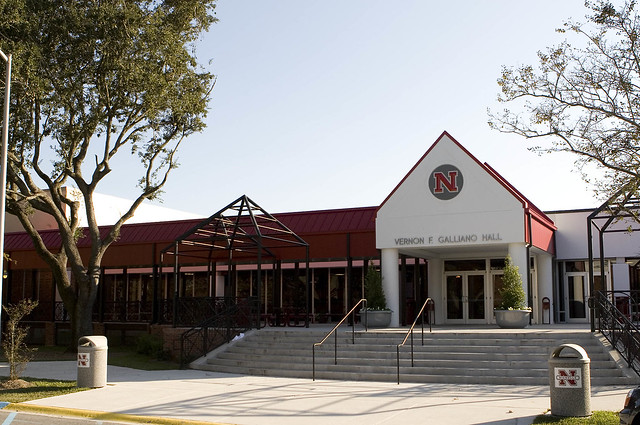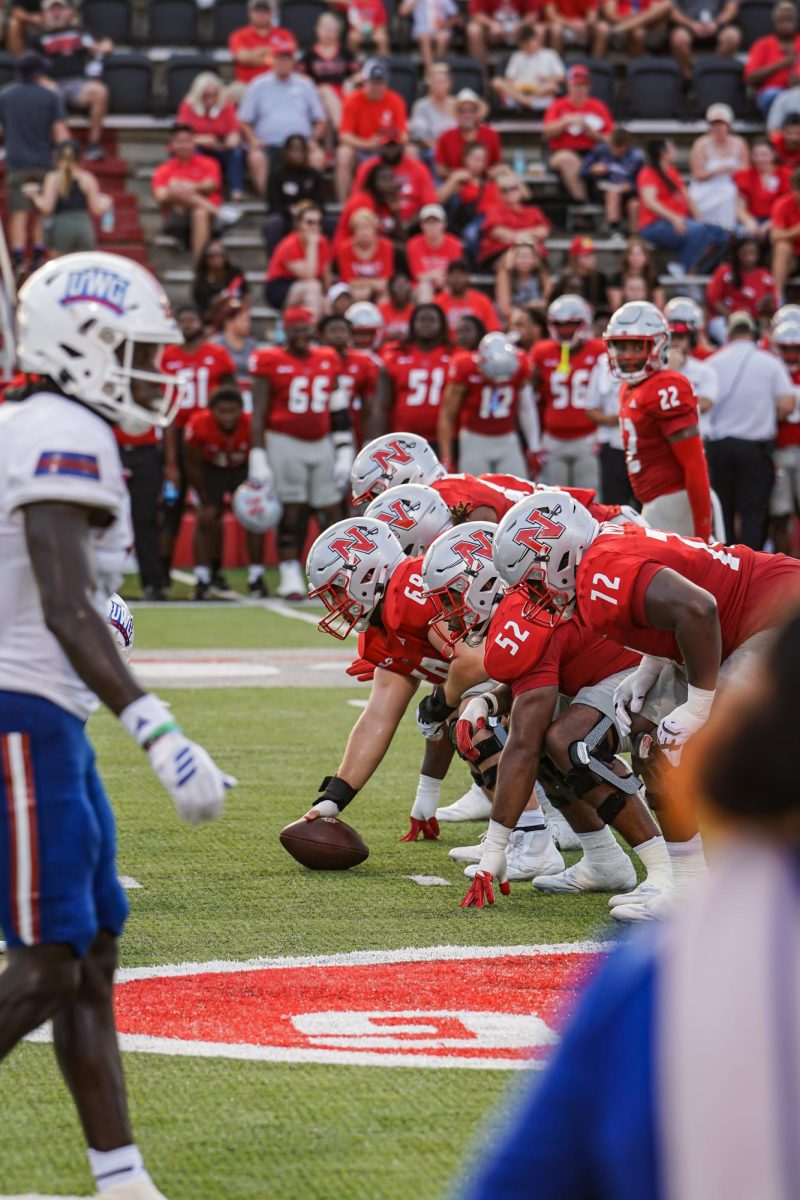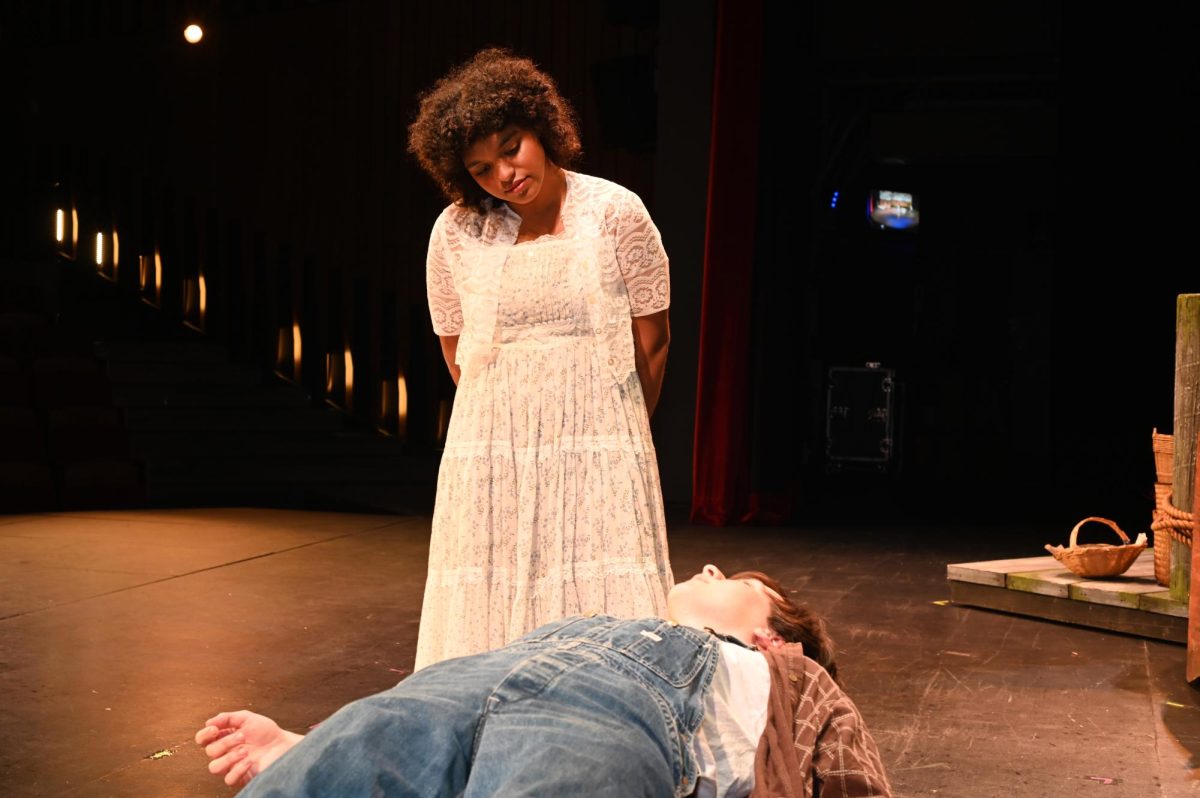Shiena Marie Normand, a biology pre-med senior from Niceville, Fla., received the Louisiana Sea Grant to compose an experiment that could establish a biological monitoring system by testing two invertebrate species and their ability to break down organic pollutants such as those from the BP oil spill.
Normand received the Louisiana Sea Grant by writing a five-page proposal early last December with the guidance of Enmin Zou professor of biological sciences and Normand’s research professor, requesting funding for her experiment. The grant was awarded to Normand in the amount of $2,500, and it is fully funding her experiment. Ten grants are given every year, and Normand is the only Nicholls student to receive a Louisiana Sea Grant this year.
The title of Normand’s experiment is “Comparison of Sensitivity of E-Rod Activity to PAH’s between Two Beach Burrowers.” Normand got the idea for her experiment by discussing tar balls washed up on the Louisiana coast after last year’s Hurricane Isaac with Zou. These tar balls led scientists to believe that the BP oil could still be in the Gulf contaminating the marine life that live there.
Currently, the only scientifically accurate way to test if the gulf waters are contaminated are to use expensive molecular chemical tests. Through her experiment, Normand will try to prove that there is an easier and less expensive way to test the waters by using a biological monitoring system.
The two species that Normand is testing are the fiddler crab and the rove beetle found along the coast affected by the BP oil spill in 2010.
“The reason I picked these species is because they are the most abundant in the Grand Isle area, and they are easier to test than fish,” Norman said. “Both the fiddler crabs and the rove beetles contain an enzyme called E-Rod that is designed to break down organic pollutants, such as the naphthalene found in BP oil. Introducing the specimens to the pollutant can test the break down rate of the enzymes in the species.”
According to Normand, the experiment will last the entire fall semester. Normand has already purchased 500 fiddler crabs, staged the crabs and viewed their molt cycles. She will then divide the crabs into increments of 100 and test them in individual tanks. After the crabs are divided, she will contaminate all but one tank of 100 crabs with naphthalene, the pollutant found in BP oil. She will do the same steps with the rove beetle to see which species breaks down the naphthalene the most effectively.
If Normand’s hypothesis is correct, one of the two beach burrowers will break down the naphthalene, and they can use that species as a biological monitoring system, a cheaper and less time consuming alternative to test the waters in the Gulf of Mexico.
“When the experiment is complete, the results will be turned into LSU, and I have the opportunity to present my experiment and possibly have my results published in a scientific journal,” Norman said. “If I got published or got to present my research, I would feel the biggest sense of accomplishment. I am so glad I had this opportunity and that I took it while I could.”
Biology senior receives grant to fund research project
Melanie Cowan
•
September 5, 2013
0
More to Discover



